Vinegar is a popular and essential seasoning in many households’ kitchens, commonly used to prepare delicious and attractive dishes. Let’s explore more about this seasoning.
1 What is Rice Vinegar (Bong Vinegar)?
Rice vinegar, also known as bong vinegar or rice wine vinegar, is a naturally fermented seasoning made from rice wine lees. It is commonly used in northern Vietnam.
To make rice vinegar, rice is soaked in water until it turns into white wine. The rice lees are then boiled and re-boiled 2 to 3 times to obtain the second and third waters. The remaining rice lees are strained to obtain natural vinegar after a day or two of fermentation.
Rice vinegar is utilized in many dishes to create a sour and refreshing taste. Its wine aroma and slight alcohol content can also help eliminate the fishy odor of fish and snails.
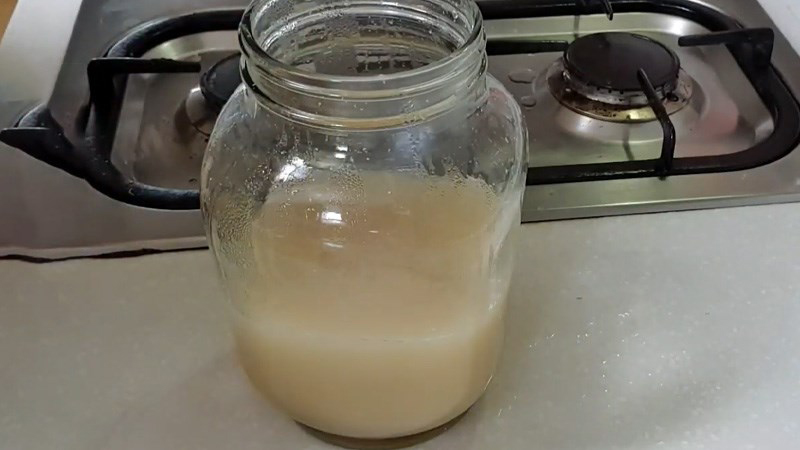
Rice vinegar is naturally fermented from rice lees.
Many people often confuse rice vinegar with fermented rice, despite both seasonings providing a sour taste, their processing ingredients are very different.
You can learn how to make fermented rice here.
2 The Benefits of Rice Vinegar
Rice vinegar not only serves as a seasoning in dishes but also offers various useful effects in our daily lives. Here are some benefits of rice vinegar.
Eliminate Fishy Odor of Fish and Pork Intestines
Fish and pork intestines are foods with strong fishy odors that are hard to eliminate. A small amount of rice vinegar can be used to rub on fish and pork intestines to remove the fishy odor and clean them thoroughly.
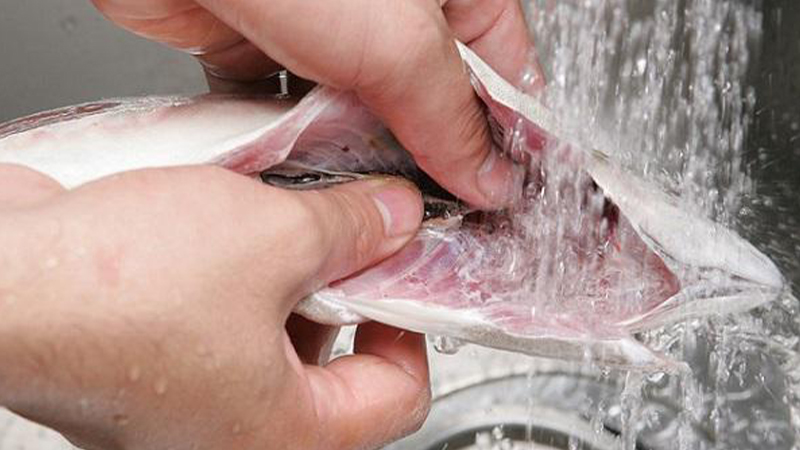
Using rice vinegar to completely clean fish.
Clean Food Stains (Resin)
There are various types of food with sticky resin that are challenging to remove. Foods like green bananas and banana blossom salads often have a lot of sticky resin.
To remove the sticky resin from our hands, we can thoroughly rub them with rice vinegar, helping to completely eliminate the resin.
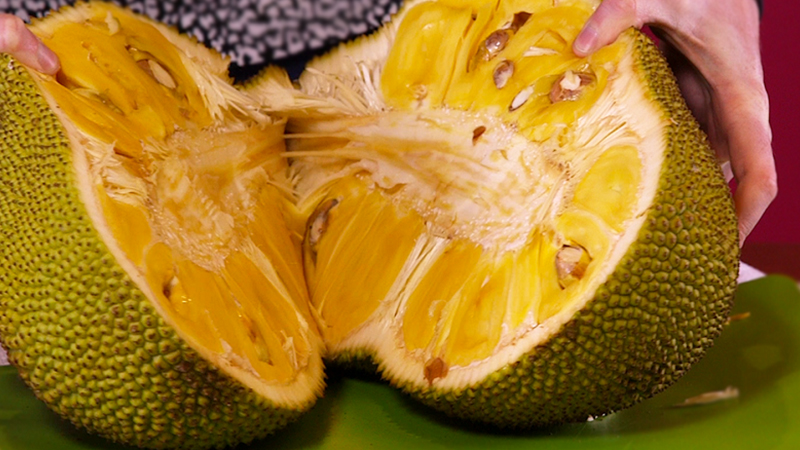
Using rice vinegar to clean plant resin.
Clean Kitchen Utensils
After washing kitchen utensils with dishwashing liquid, rinsing them with rice vinegar helps to thoroughly clean the utensils.
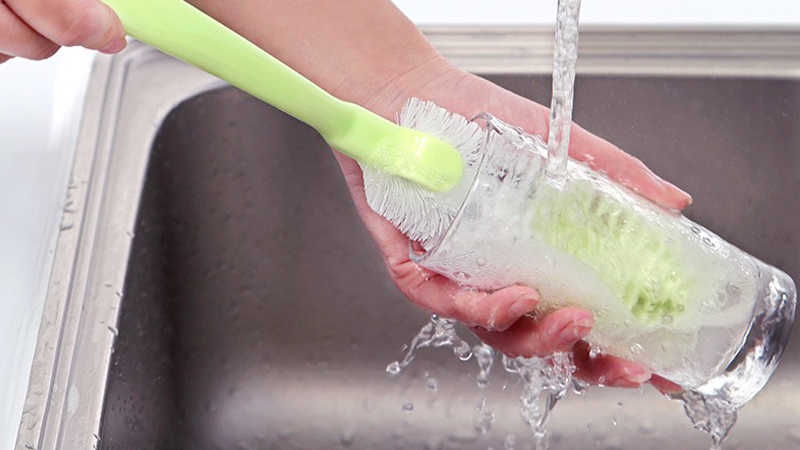
Rinsing with rice vinegar helps to clean kitchen utensils.
3 How to Make Rice Vinegar (Rice Wine Vinegar)
Making rice vinegar involves several complicated steps to prepare until the final product is achieved.
Firstly, choose high-quality rice and cook it. Then, add yeast for fermentation, add water, and distill until distilled. Next, remove the white wine and keep the rice part, known as lees.
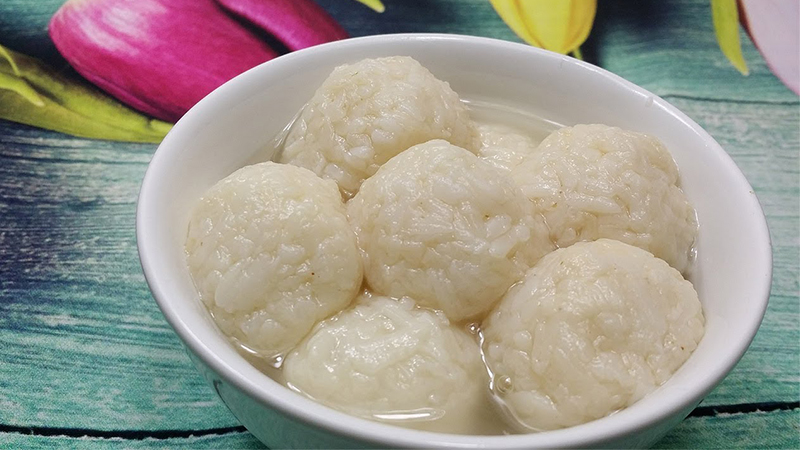
The remaining rice part is called lees.
Lastly, cook the lees 2-3 times, then strain the last water once and pour it into a bottle with a cloth covering the bottle opening. Allow it to naturally ferment for 1-2 days to produce sour water, known as rice vinegar.
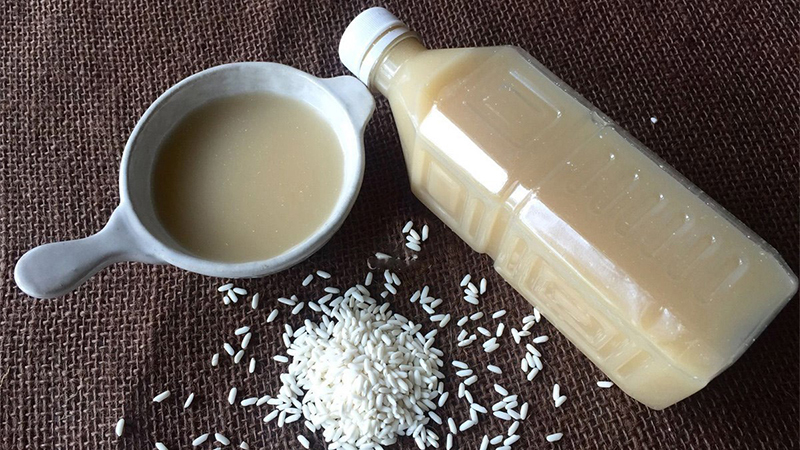
Rice vinegar after natural fermentation in a bottle.
Refer to:
Side Effects of Rice Vinegar
Although rice vinegar has a cooling effect, consuming too much of it can cause stomach ache and diarrhea, which is not beneficial for digestion. Patients with stomach-related diseases such as gastric ulcers, gastric bleeding, and stomach pain should avoid consuming excessive dishes with rice vinegar.

Do not consume too much rice vinegar.
4 How Long Does Rice Vinegar Last?
Rice vinegar is a boiled and fermented vinegar, so it can be directly added to dishes and consumed. It can be easily stored in the refrigerator’s cool compartment. However, if you have a large quantity of rice vinegar, it can be stored in a cool place away from sunlight and dampness, extending its shelf life to 5-6 months.
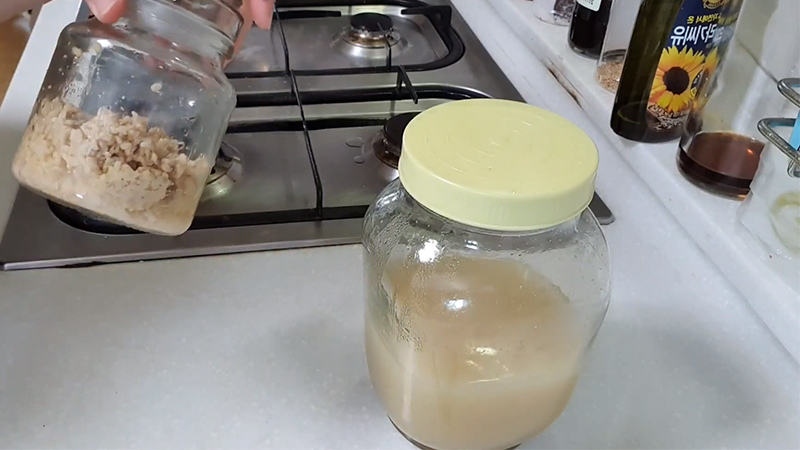
Rice vinegar has a shelf life of up to 6 months.
5 How Much Does Rice Vinegar Cost? Where to Buy?
Rice vinegar is an essential seasoning in the kitchen and is readily available for purchase at rice wine stores at a low price. The price ranges from 15,000 VND to 30,000 VND, depending on the size of the rice wine bottle.
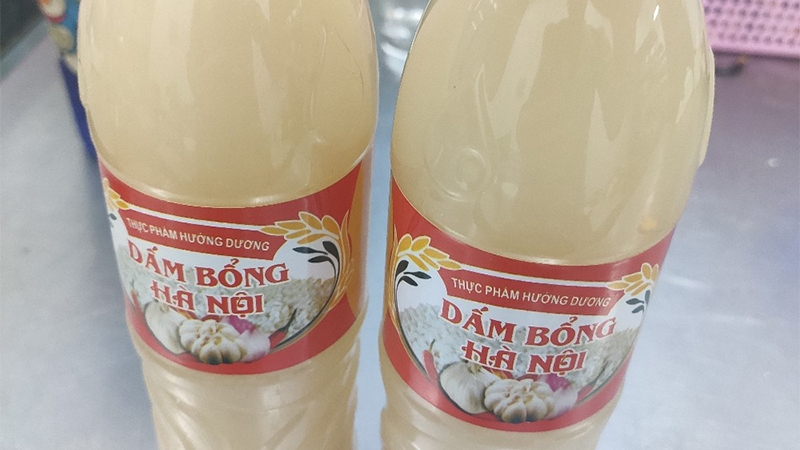
Rice vinegar in bottles can be easily purchased everywhere.
We hope that the information in this article helps you understand what rice vinegar is, its benefits, and how to make rice vinegar at home to bring delicious and safe meals to your family.


































